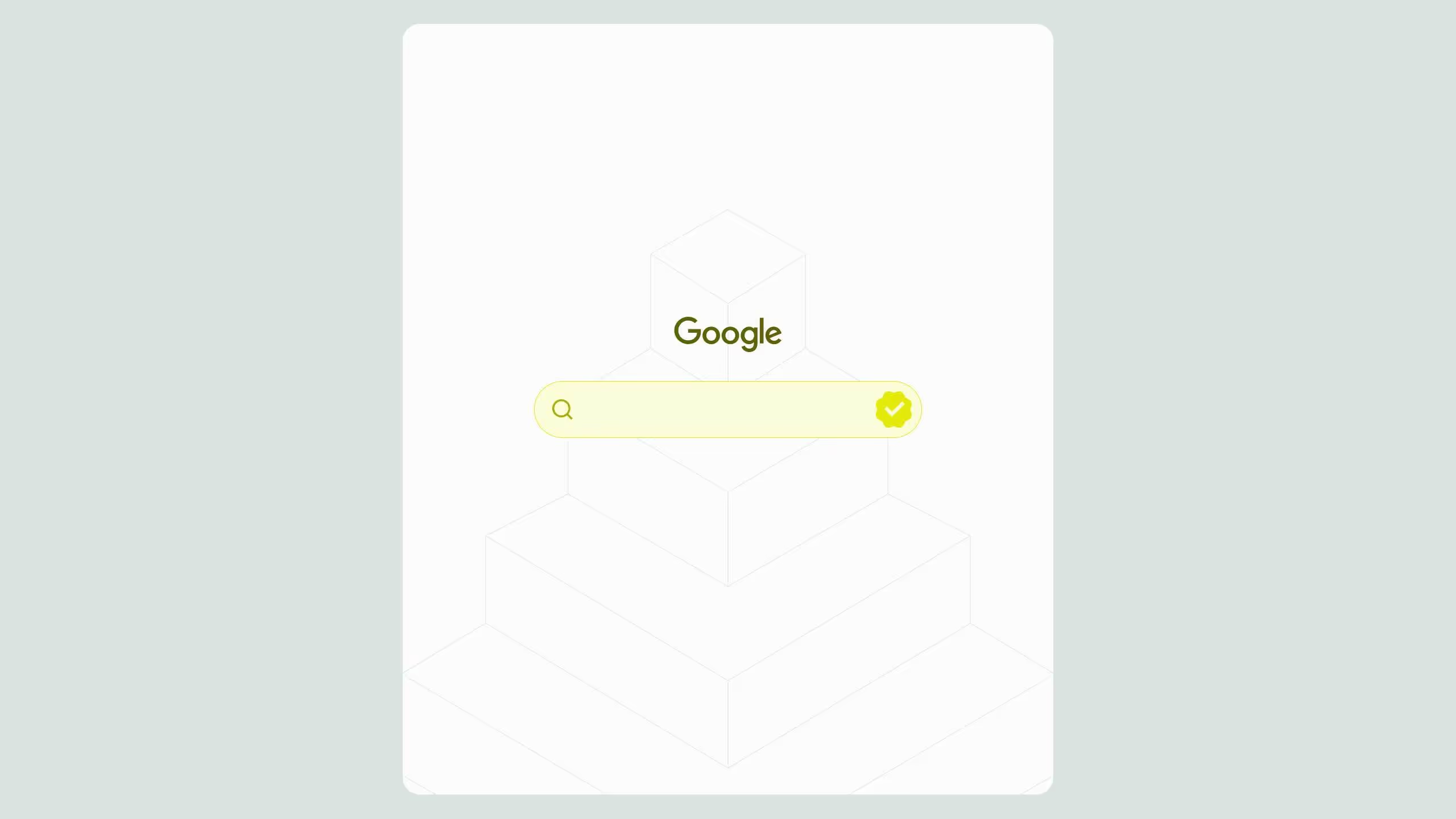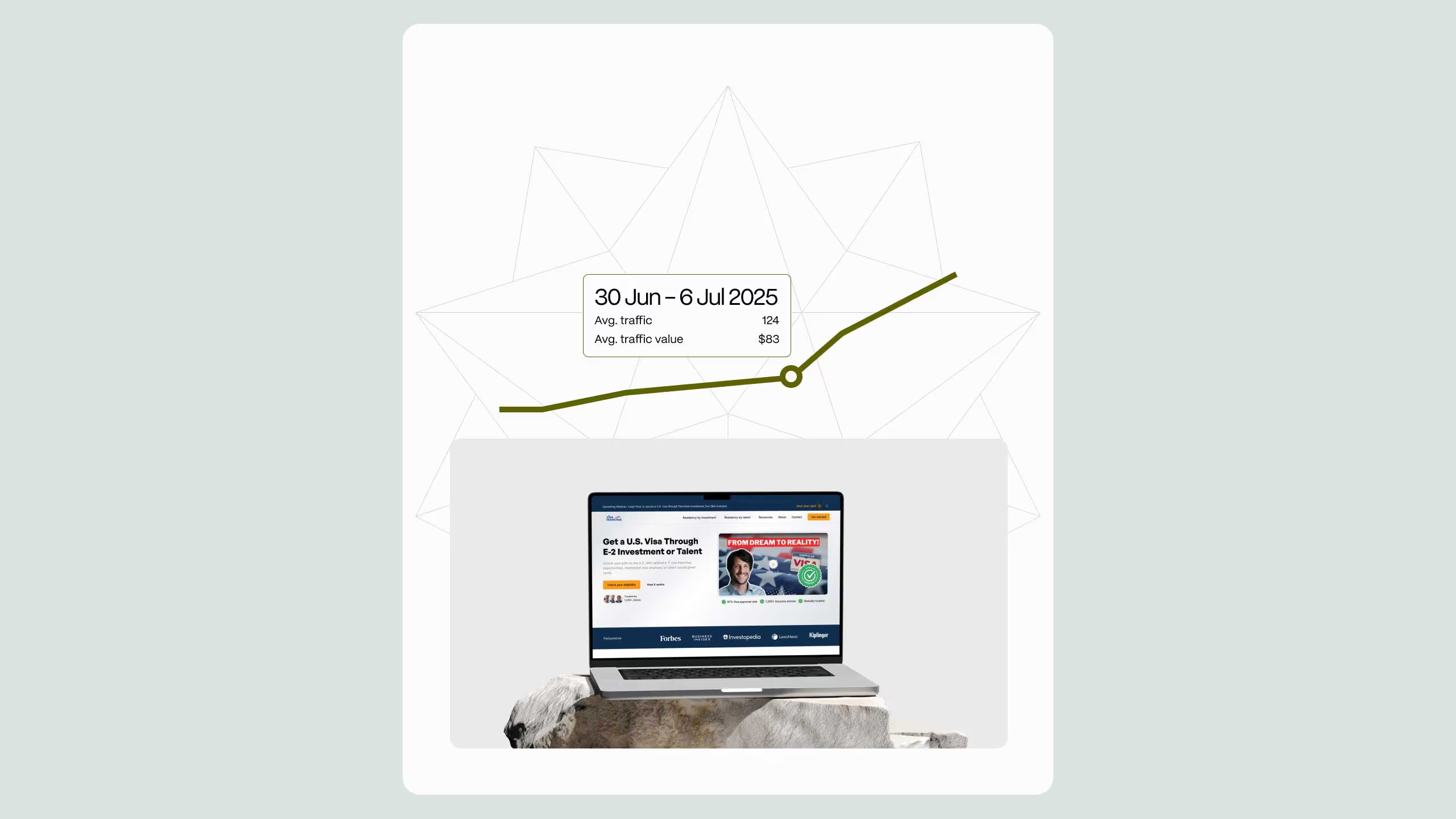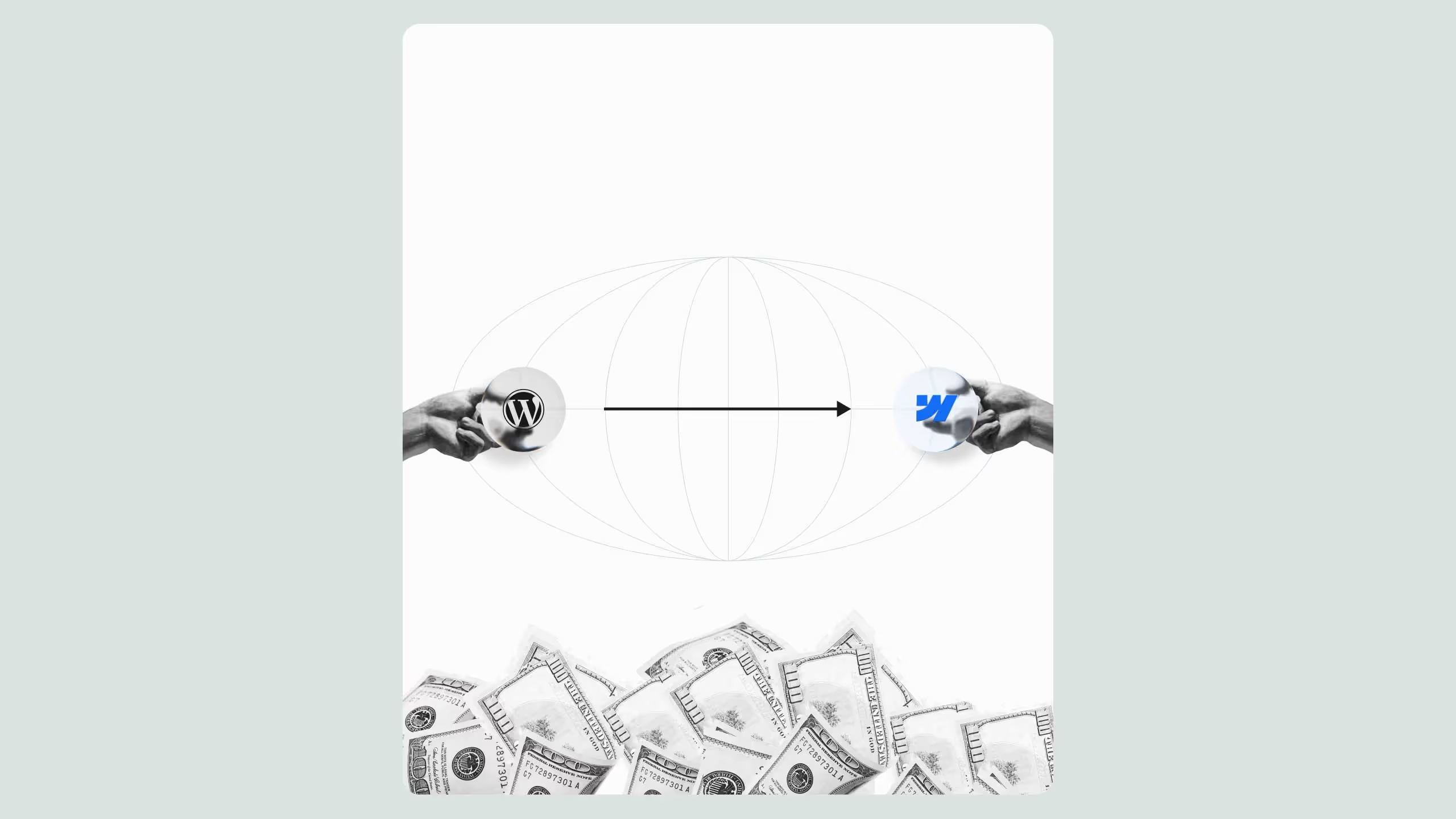Google’s 2025 Search Quality Rater Guidelines: What You Need to Know

Google’s 2025 Search Quality Rater Guidelines mark a turning point for SEO: AI-generated content is fine, but only if it adds real human value.
The shift: Google now rewards accuracy, expertise, and user-first intent while cracking down on scaled content abuse, expired domain manipulation, and site reputation misuse. For Webflow users, the takeaway is clear, quality, transparency, and technical optimization now outweigh keyword volume. Build substance, not shortcuts, and your rankings will follow.
Google has once again updated its Search Quality Rater Guidelines, introducing key changes that impact how search results are evaluated. If you create content or work in SEO, these updates are crucial to understand.
In this article, we’ll break down what’s new, how Google evaluates AI-generated content, and what spam tactics are now under the microscope. Plus, if you use Webflow for SEO, we’ll share some best practices to stay ahead of the game.
What are google’s search quality rater guidelines?
Google employs human evaluators, known as Quality Raters, to assess the quality of search results. Their feedback helps Google fine-tune its ranking algorithms, making sure users get the most relevant, useful, and trustworthy content.
The latest update, released in January 2025, brings major refinements, particularly in how AI-generated content is assessed and how Google identifies certain types of spam.
AI-Generated Content: Google Sets the Record Straight
With AI-written content becoming more common, Google has officially clarified its stance:
- AI content is acceptable, but only if it adds real value.
- Keyword-stuffed, low-quality AI content won’t rank well.
- AI should assist, not replace, human expertise and originality.
Google emphasizes that AI-generated content must be accurate, unique, and beneficial to users. In other words, AI can be a great tool, but it shouldn’t be used as a shortcut to churn out generic, low-value content.
What this means for content creators:
- If you use AI tools like ChatGPT, make sure to review, edit, and refine the content.
- Focus on user intent—does the content actually answer the user’s question or solve their problem?
- Avoid fluff—Google wants substance over volume.
New spam tactics identified in google’s update
To improve search quality, Google has added three new spam categories to its guidelines:
1. Expired domain Abuse
Some websites buy old domains with existing backlinks and repurpose them with low-quality content to manipulate rankings. Google is cracking down on this deceptive practice.
2. Site Reputation Abuse
This applies to websites that misuse their reputation by allowing low-quality third-party content to be published under their brand name.
Example: A well-known news site hosts AI-generated blogs from third parties that aren’t fact-checked, misleading users into thinking the content is credible.
3. Scaled Content Abuse
This refers to mass-producing low-value content, whether manually or with AI, to flood search results and gain rankings.
What You Should Do Instead: Focus on quality over quantity. Google wants well-researched, engaging content that actually helps users.
What this means for SEO & content creation
If you’re working on SEO, content marketing, or web development, here’s what you should prioritize:
- High-quality, useful content (AI-assisted or not)
- Genuine expertise: Google favors content created by real industry experts
- Transparency: Avoid deceptive tactics like fake reviews or misleading claims
If Google’s algorithm detects spammy content, your site could see a drop in rankings, or even be penalized.
Optimizing for google’s update in Webflow
If you’re using Webflow SEO tools, there are some easy ways to align with these updates:
- Use clear and descriptive meta tags – Webflow makes it easy to customize title tags and meta descriptions.
- Optimize images properly – Add meaningful alt text (not keyword stuffing).
- Ensure a fast, mobile-friendly experience – Google prioritizes sites that load quickly and work well on all devices.
- Use structured data – Webflow’s built-in support for schema markup can help search engines better understand your content.
Final Thoughts: What’s Next?
Google’s latest updates reinforce the idea that quality, credibility, and user experience are what matter most in search rankings.
- AI can help, but not replace, human expertise.
- Spammy SEO tricks aren’t worth the risk.
- Webflow users should focus on user-first, high-quality content.
By following these best practices, you’ll not only stay on Google’s good side but also build long-term success with content that actually resonates with your audience.

.svg)
.svg)


.svg)




